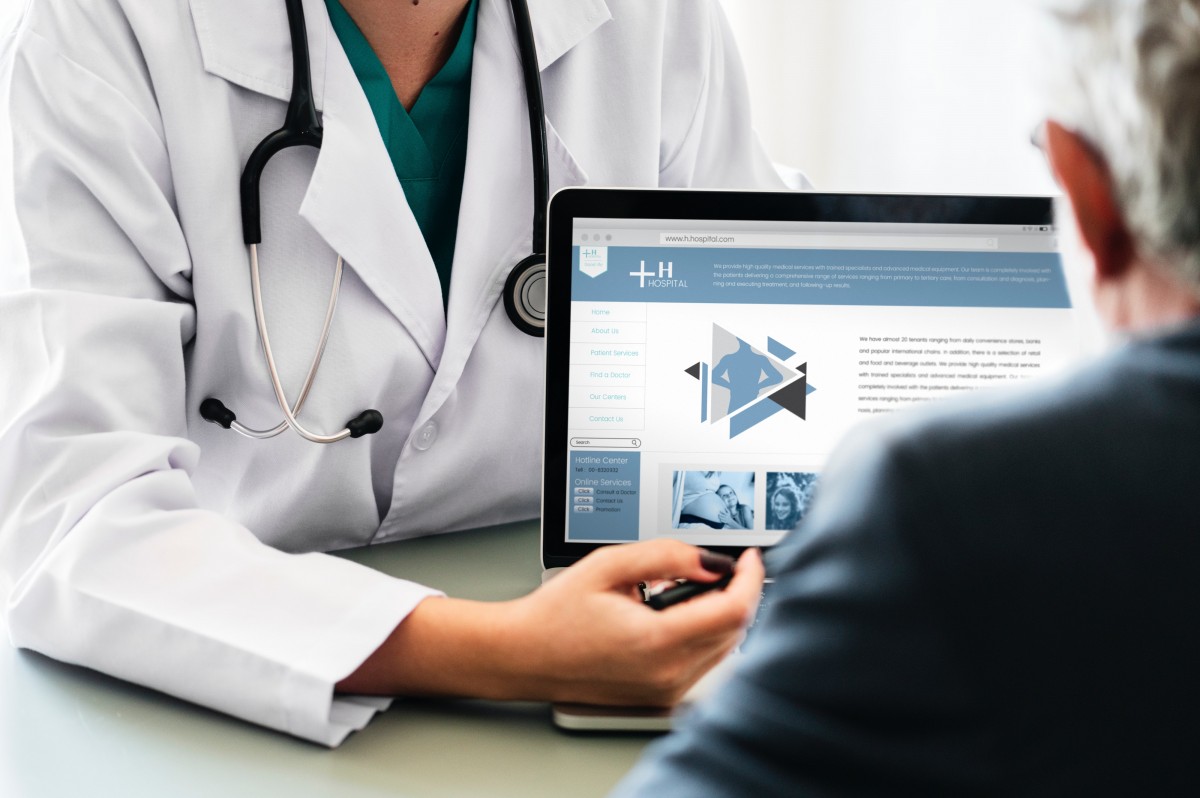Training in assisted reproduction and fetal medicine is crucial to ensure that health professionals are prepared. They must meet the complex challenges of these fields and achieve adequate pregnancy rates. Traditionally, teaching has been based on conventional methods such as classroom theory and practice in real-life situations. However, virtual simulation has emerged as a powerful and effective alternative to traditional teaching.
Hands-on learning in assisted reproduction and fetal medicine
Traditional methods of teaching assisted reproduction and fetal medicine often rely on direct experience in real clinical situations. While this experience is invaluable, it also has significant limitations:
· The limited availability of case studies is an element to be taken into account, especially in the case of infrequently performed or highly specialised procedures.
· On the other hand, exposure to certain critical situations may be limited and not representative of all possible scenarios a practitioner may face.
Virtual simulation provides a safe and controlled environment for the practice of complex techniques without risk to patients. High-fidelity simulators can replicate a wide variety of clinical conditions, even those less commonly encountered, allowing practitioners to repeatedly practice and hone their skills. This not only improves technical competence, but also increases practitioners’ confidence when faced with real-life situations.
Development of technical skills in virtual medical simulation
Traditional methods often focus on the development of technical skills through observation and practice in real situations. However, these opportunities can be limited and do not always allow for immediate and detailed feedback, since when the practitioner has to perform the procedure individually it is because he does not have a more experienced colleague at his side and therefore does not have the necessary feedback on his medical practice.
Virtual simulation provides a controlled environment where professionals can practice both technical and communication skills in realistic scenarios.
Simulators allow for the repetition of procedures until optimal levels of competence are reached.
Continuous evaluation and feedback
Assessment in traditional teaching versus virtual simulation often relies on direct observation and periodic performance reviews. This approach can be less frequent and detailed, limiting opportunities for continuous improvement.
In contrast, virtual simulation offers immediate and detailed feedback. Simulators can track and record every learner action, providing accurate performance data. This information allows for objective and specific assessment, facilitating rapid adjustments and continuous improvement in the practitioner’s skills. Students can review their performances, identify areas for improvement and work on them in a focused manner.
Comparison between virtual simulation and traditional teaching methods in assisted reproduction and fetal medicine training reveals clear advantages for simulation. The ability to practice in a safe environment, unlimited repetition of procedures and immediate feedback are key factors that make virtual simulation a superior tool for training.
If you want to improve your skills with virtual medical simulation in assisted reproduction, IVF and fetal medicine, enrol in FIRST’s specialised courses. We offer training programmes using state-of-the-art simulators.












